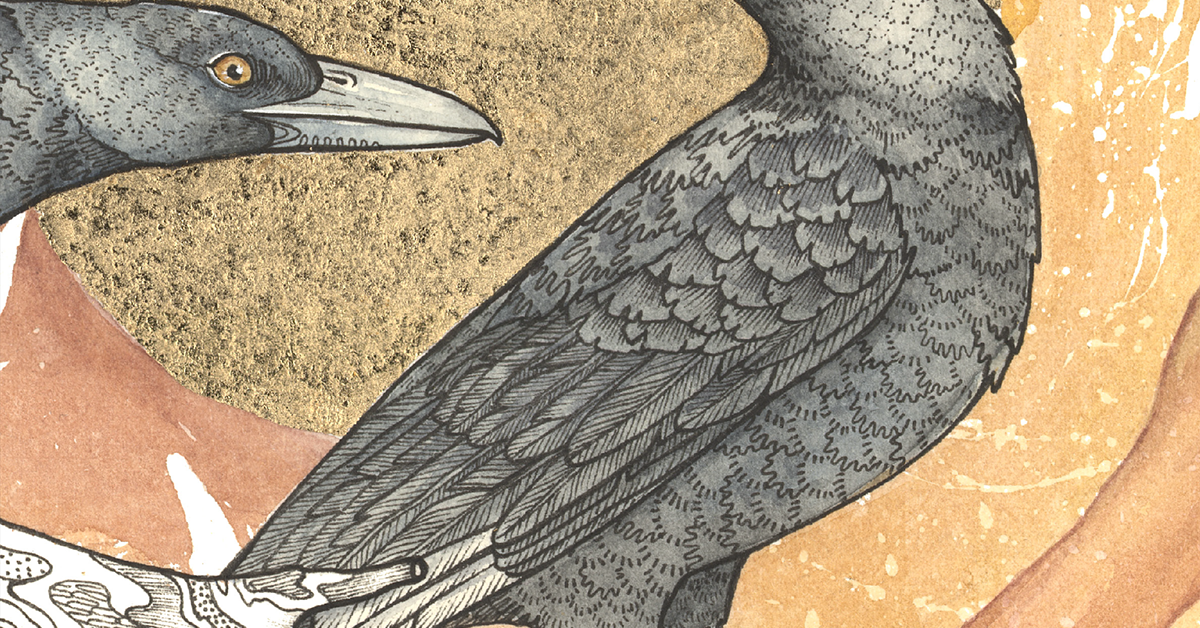This issue goes to print shortly after the fiftieth anniversary of the victory of the Whitlam government, a moment in Australian history that increasingly resembles a fragment from another political reality. But then, there’s an extent to which progress always does; there’s a moment to which radical positive change first manifests itself, to paraphrase Jameson, like a utopian spark cast by a passing comet. Our 248th issue is dominated by fragments, fissures and speculations. Abigail Fisher’s alchemical tribute to Bella Li makes poetry the gap between myth and allegory, and Michael Griffiths traces the resonance between TS Eliot’s organisation of history in ‘The Waste Land’ and Carl Schmitt’s model of political theology as a grim augur of the neoliberalism to come. In fiction, meanwhile, Bruna Gomes splinters the patterns of consent manufacture to expose the moral decay roiling beneath. If the whole, as Adorno put it, is always already the false, perhaps the formal recognition of the fragment can point the way to different versions of the possible.
Bugalwan, solidarity,
Evelyn Araluen & Jonathan Dunk



